AdCare Outpatient

Overview
AdCare Treatment Center, situated in Worcester, Massachusetts, offers comprehensive rehabilitation services to individuals who are grappling with substance misuse, mental health challenges, and co-occurring disorders. The center provides a diverse array of treatment options that are specifically designed to assist patients at every stage of their recovery journey, with an emphasis on individualized care. AdCare offers a variety of programs, including a regular outpatient program and FDA-approved Medication-Assisted Treatment (MAT) detox, as well as more intensive options such as a Partial Hospitalization Program (PHP) and an Intensive Outpatient Program (IOP). The IOP consists of structured treatment sessions that are conducted in three-hour periods at least three times a week, enabling individuals to receive comprehensive care while juggling other responsibilities.
The center also offers specialized services, including crisis stabilization for individuals in immediate need and a dedicated program that is specifically designed to meet the unique needs of veterans and first responders, recognizing the unique challenges that these occupations present. The Center employs a diverse array of evidence-based therapies to address the psychological and emotional aspects of addiction and recovery. Motivational Interviewing, Cognitive Behavioral Therapy (CBT), Acceptance and Commitment Therapy (ACT), Dialectical Behavior Therapy (DBT), and Cognitive Processing Therapy (CPT) are among the therapies that assist clients in the development of effective coping strategies and behavioral changes. The center provides comprehensive support to clients throughout their recovery process by emphasizing relapse prevention strategies and providing individual, group, family, and couples therapy, in addition to these fundamental therapeutic approaches.
AdCare offers a variety of integrative and creative therapies, including nutrition therapy, music therapy, and art therapy, to further improve the treatment experience. These therapies are designed to promote emotional expression and overall wellness. Telehealth therapy is also accessible, providing individuals with the flexibility to access care who may not be able to attend in-person sessions on a regular basis. The Center is accredited by The Joint Commission and complies with HIPAA regulations to guarantee the utmost confidentiality and care in the handling of patient information. AdCare Treatment Center is a dependable source of assistance for those who are striving to overcome addiction and achieve enduring recovery, thanks to its extensive programs and diverse therapeutic offerings.
AdCare Outpatient at a Glance
Payment Options
- Cash or self-payment
- Medicaid
- Medicare
- State-financed health insurance plan other than Medicaid
- Private health insurance
Assessments
- Screening for tobacco use
- Comprehensive substance use assessment
- Screening for substance use
- Comprehensive mental health assessment
Age Groups
- Young adults
- Seniors
Ancillary Services
- Case management service
- Suicide prevention services
- Mental health services
- Social skills development
Highlights About AdCare Outpatient
7.19/10
With an overall rating of 7.19/10, this facility has following balanced range of services. Alcohol Rehabilitation: 8.00/10, Drug Rehab and Detox: 6.00/10, Insurance and Payments: 6.80/10, Treatment Options: 7.94/10.-
Alcohol Rehabilitation 8.00
-
Treatment Options 7.94
-
Insurance and Payments 6.80
-
Drug Rehab and Detox 6.00
Accreditations
State department of health:

State Licenses, issued by government agencies, authorize rehabilitation organizations to legally operate within designated geographical areas. The specific licenses required for operation are typically determined by both the nature of the rehabilitation program provided by the facility and its physical location.
The Joint Commission:

The Joint Commission accreditation signifies that a facility has met rigorous standards of excellence in patient care, treatment, and safety. It assures individuals and healthcare professionals that the accredited facility provides high-quality, evidence-based care for addiction and mental health issues, fostering trust and confidence in their services.
Treatment At AdCare Outpatient
Treatment Conditions
- Mental health treatment
- Alcoholism
- Substance use treatment
- Co-occurring Disorders
Care Levels
- Outpatient
- Luxury Treatment
- Intensive outpatient treatment
- Regular outpatient treatment
- Partial Hospitalization Program
Treatment Modalities
- Cognitive behavioral therapy
- Telemedicine/telehealth therapy
- Substance use disorder counseling
- Trauma-related counseling
- Acceptance and Commitment Therapy (ACT)
Ancillary Services
Languages
- Sign language services for the deaf and hard of hearing
Additional Services
- Pharmacotherapies administered during treatment
- Discharge Planning
- Breathalyzer or blood alcohol testing
Pharmacotherapies
- Benzodiazepines
- Cocaine
- Heroin
- Marijuana
Special Programs
- Clients with co-occurring mental and substance use disorders
- Clients who have experienced trauma
Get Help Now
Common Questions About AdCare Outpatient
Contact Information
Other Facilities in Worcester
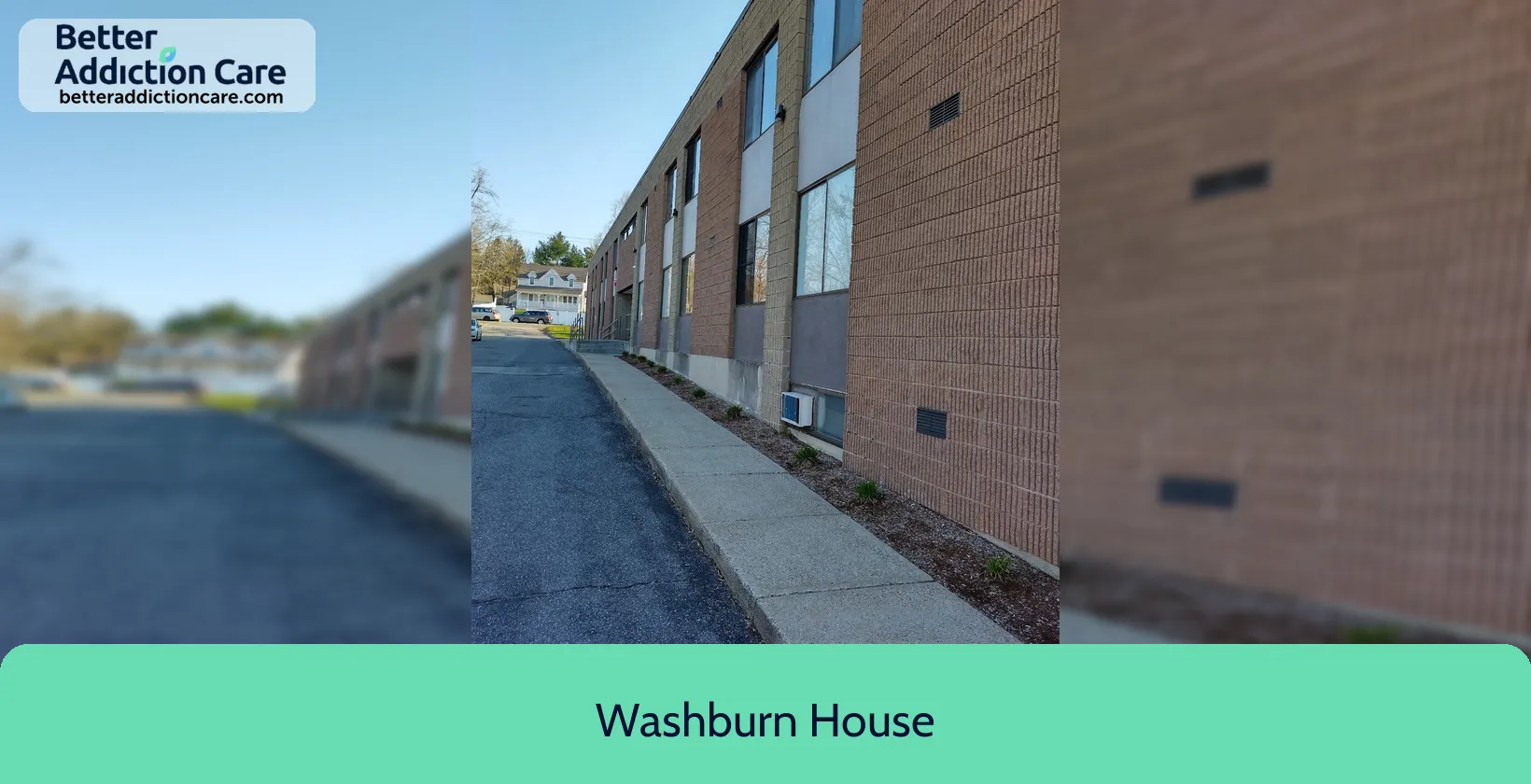
7.31
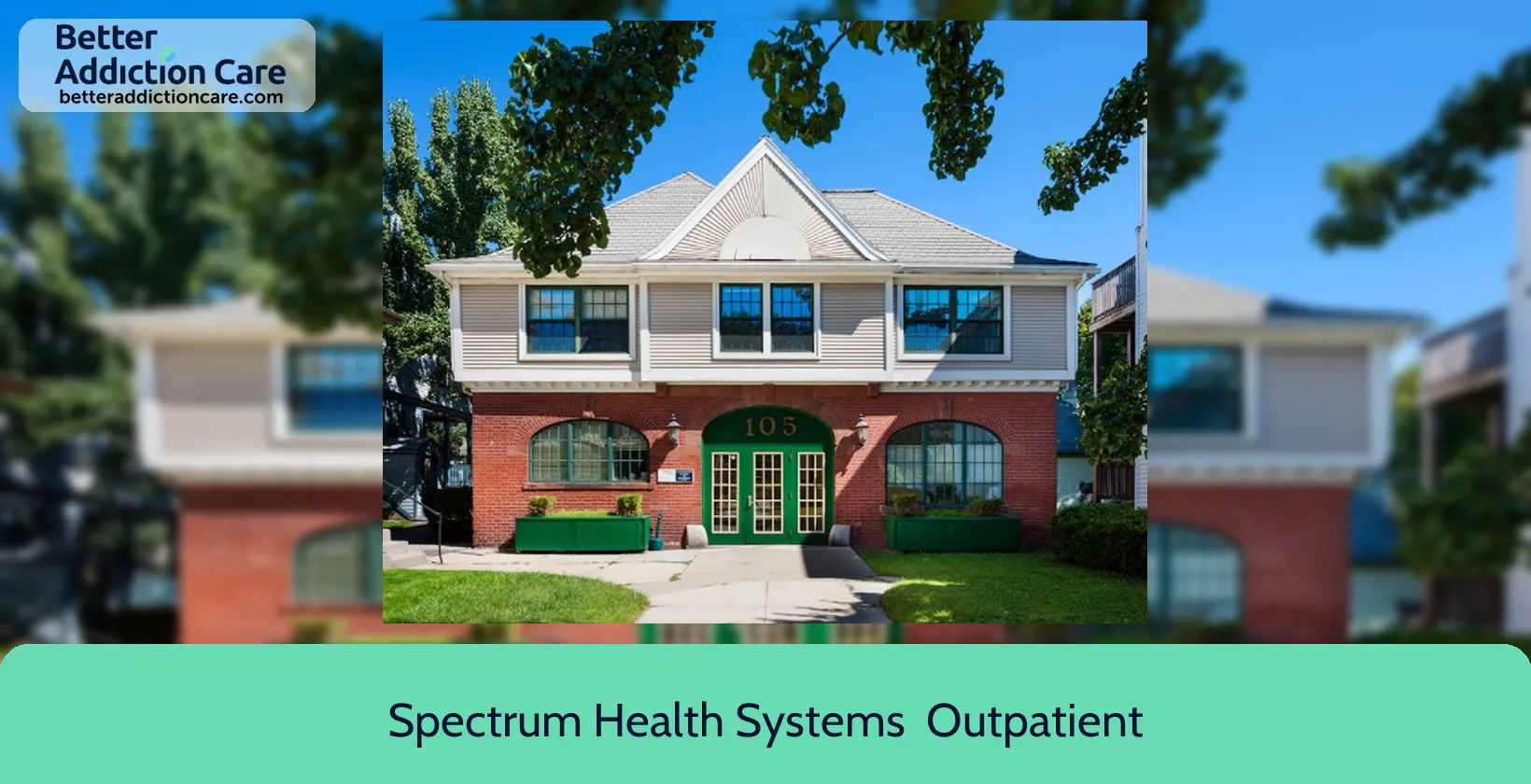
7.54
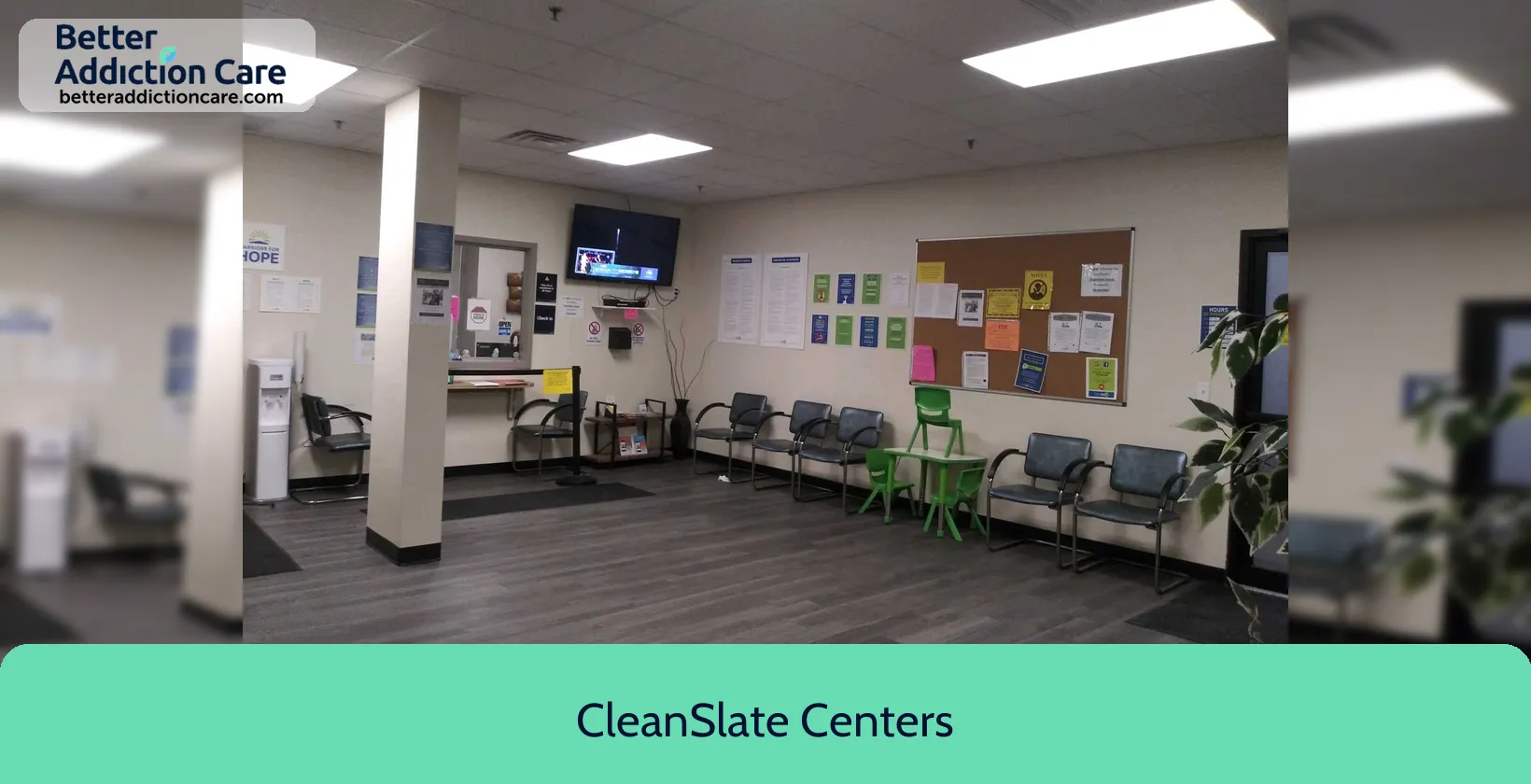
7.31
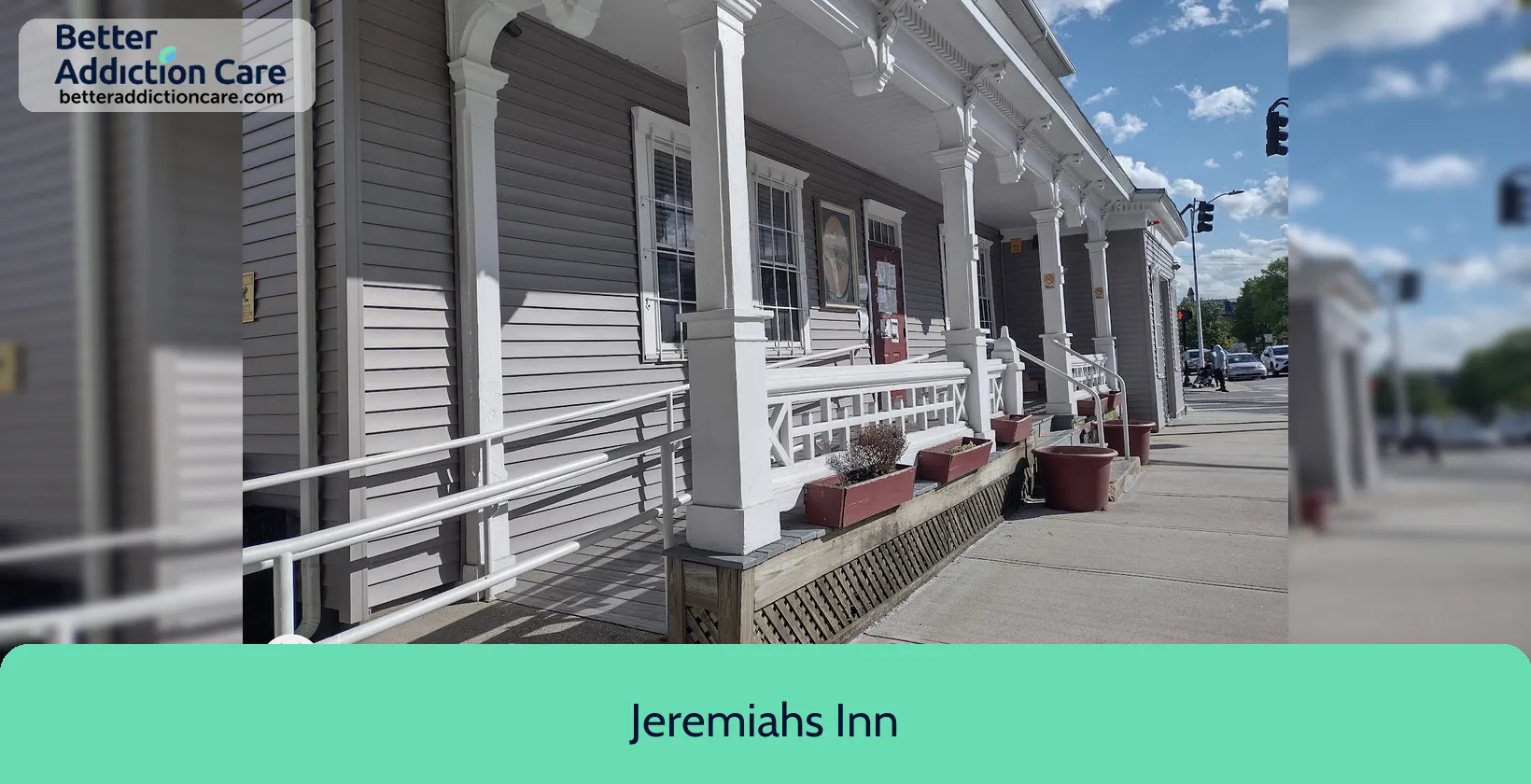
7.09
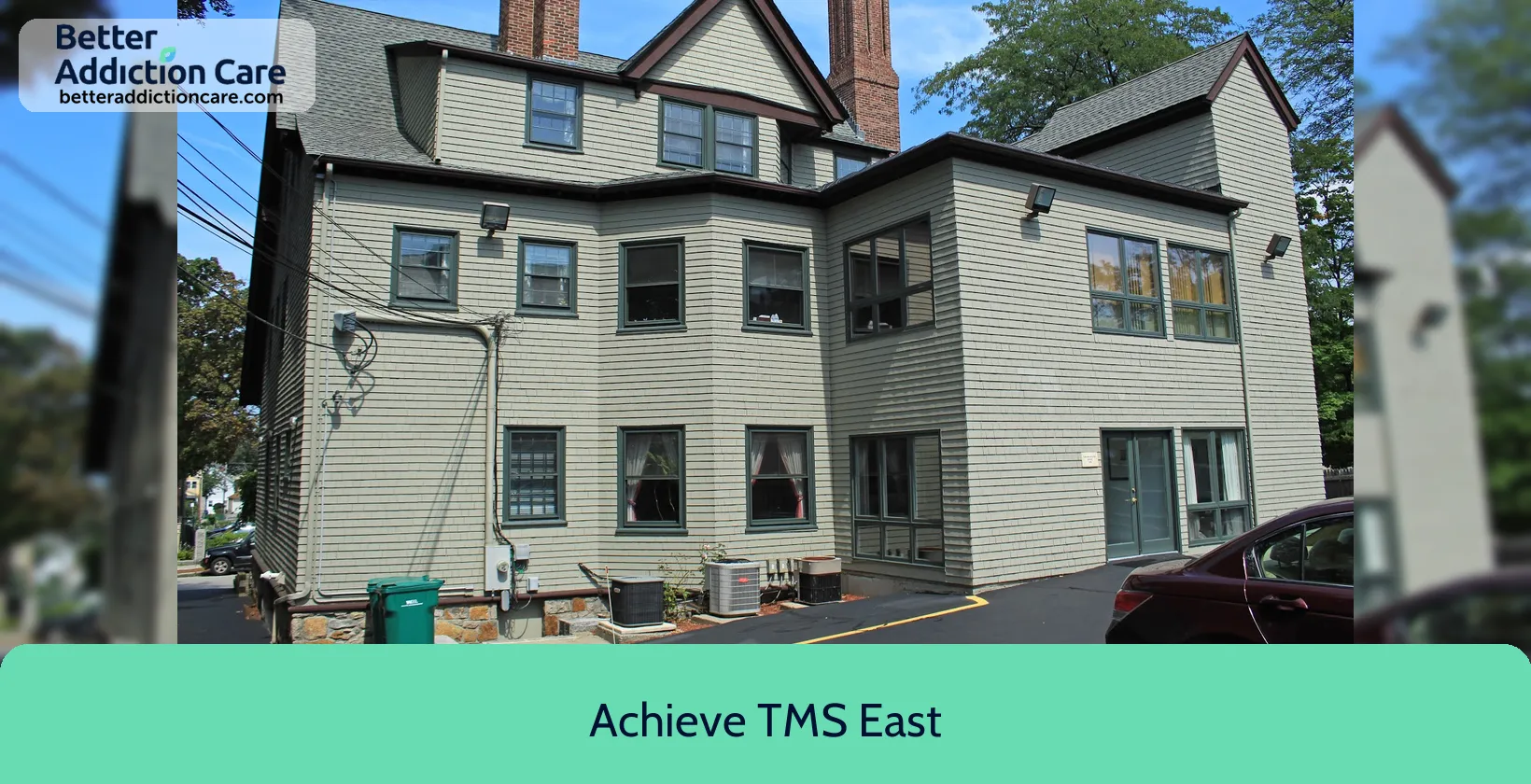
6.56
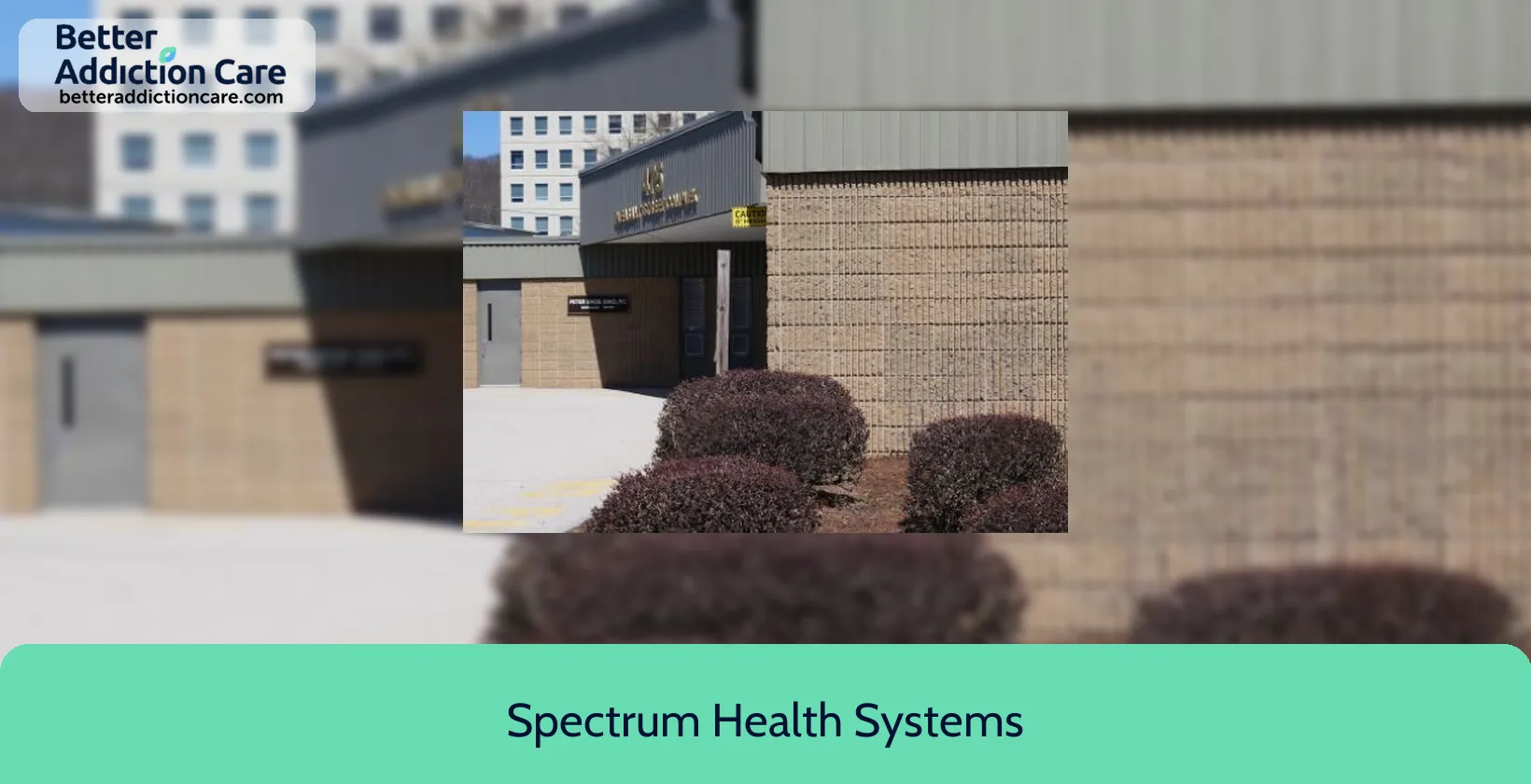
7.30
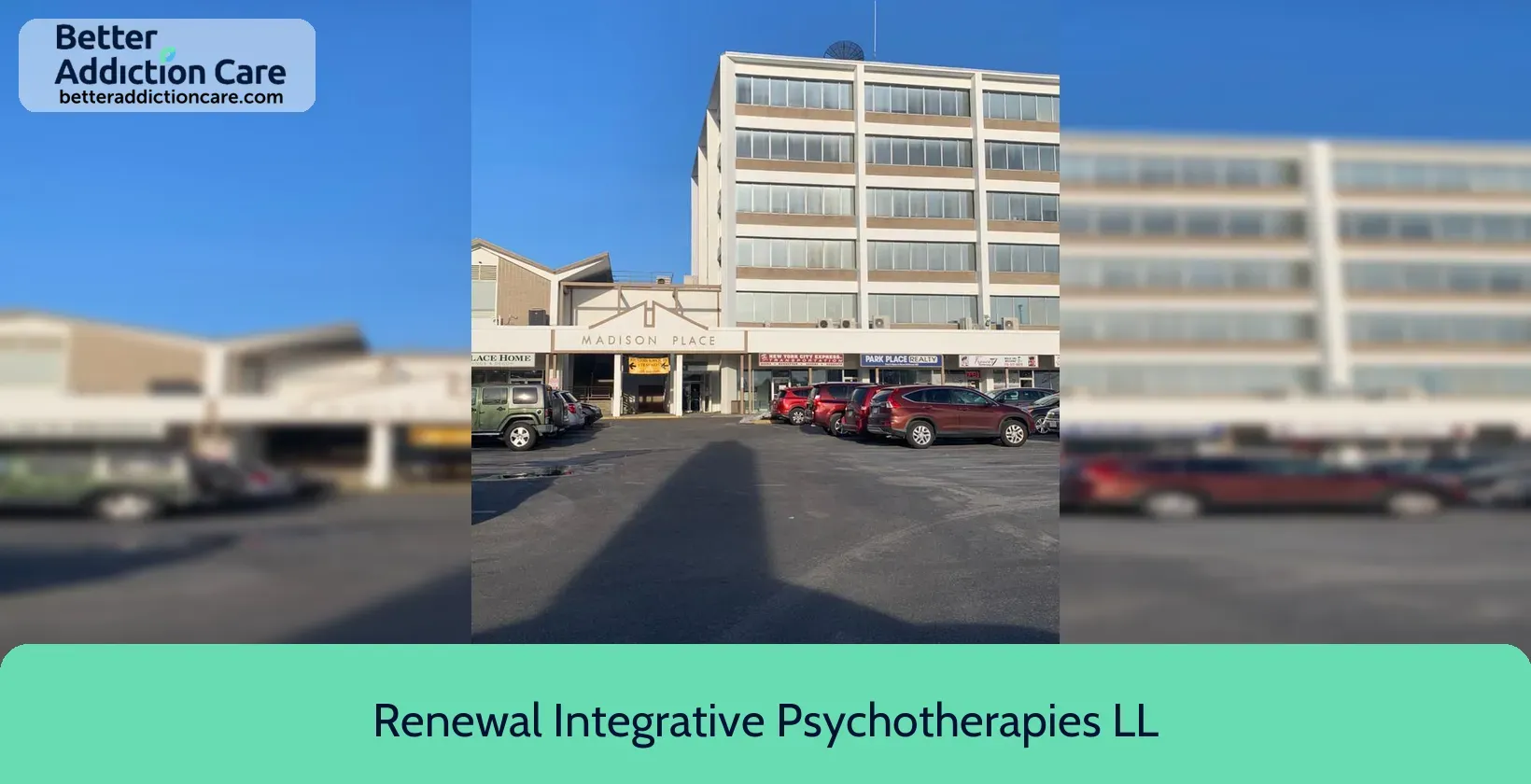
6.92
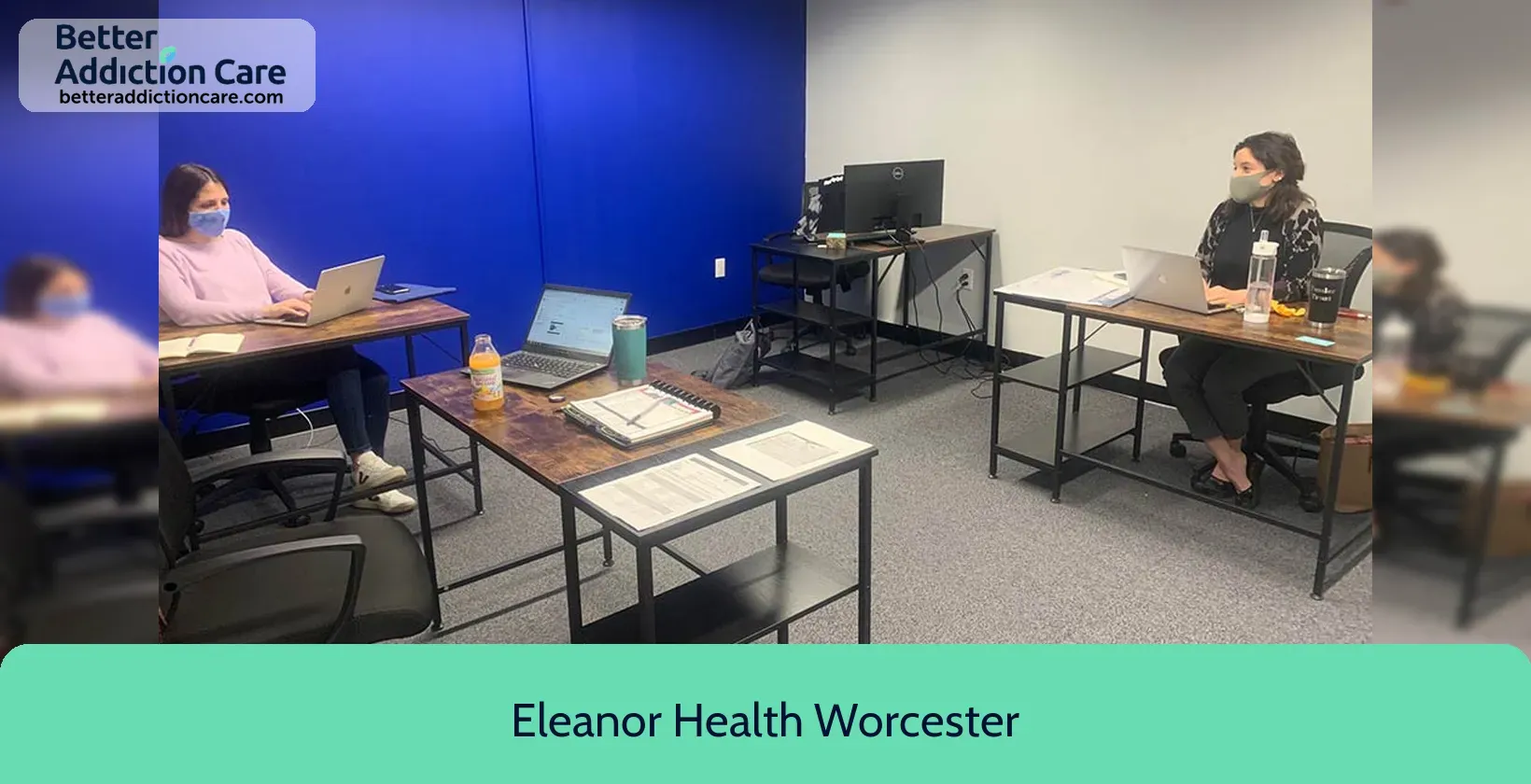
6.68
DISCLAIMER: The facility name, logo and brand are the property and registered trademarks of Eleanor Health Worcester, and are being used for identification and informational purposes only. Use of these names, logos and brands shall not imply endorsement. BetterAddictionCare.com is not affiliated with or sponsored by Eleanor Health Worcester.
